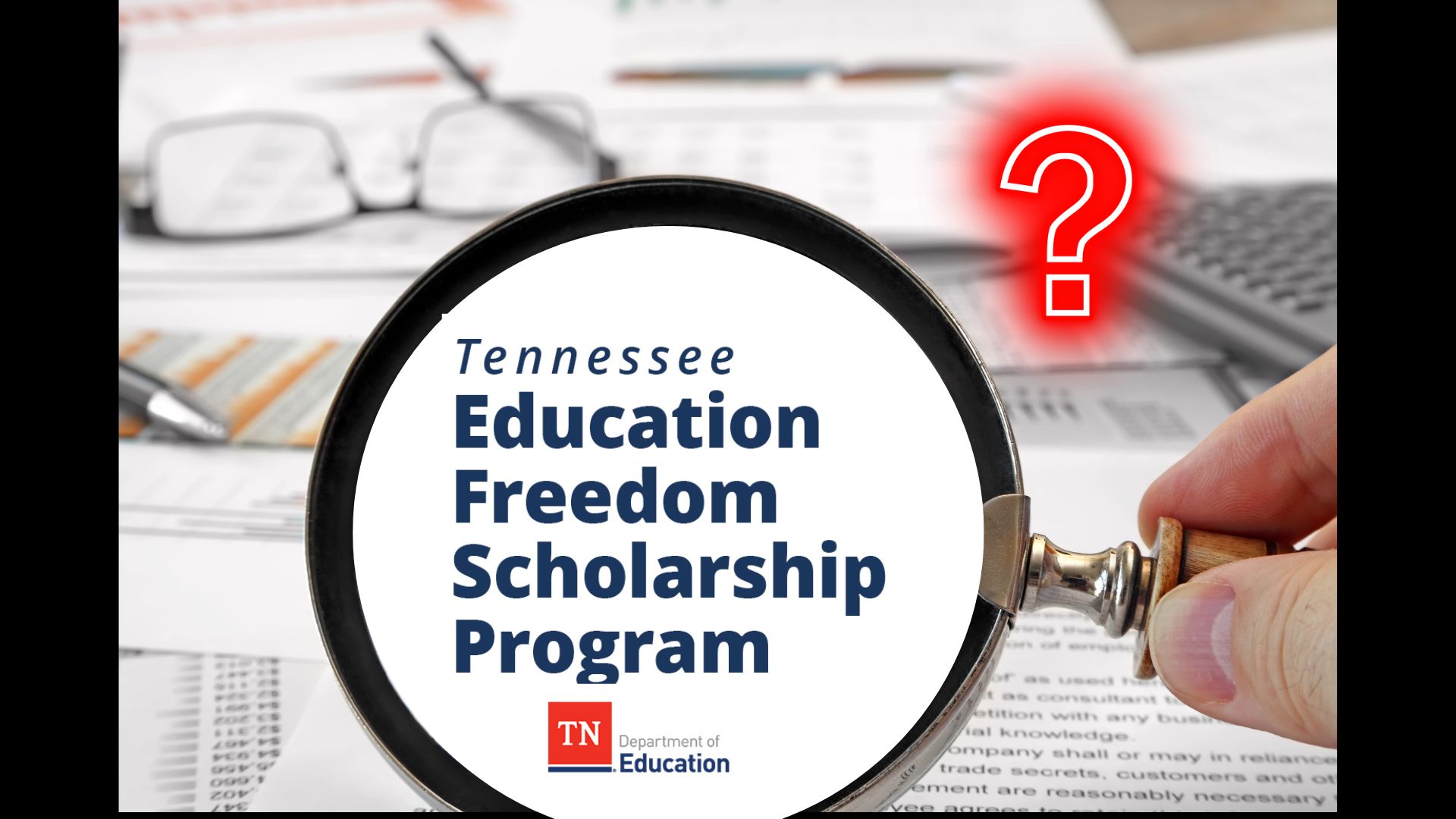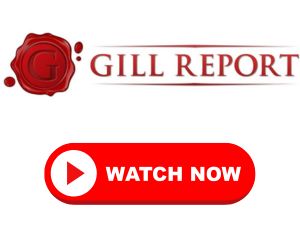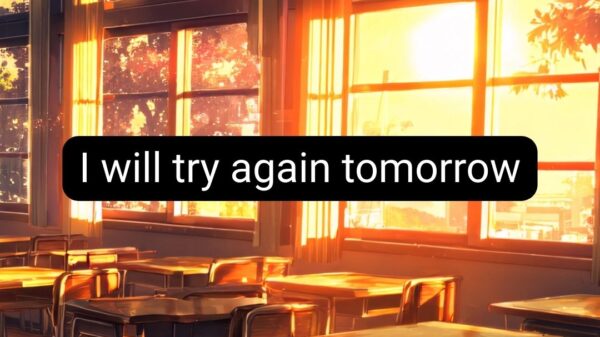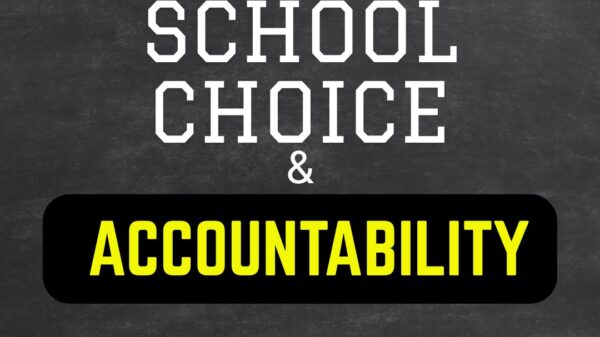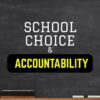This is the first year of Tennessee Governor Bill Lee’s Education Freedom Scholarship program, and the administration is already proclaiming success, asserting that all 20,000 vouchers—valued at $7,300 each—were “reserved.” While this sounds promising, it raises important questions about who truly benefits from Tennessee’s universal voucher law and whether it is a type of corporate welfare to private schools.
The Tennessee Department of Education reports that over 42,000 applications flooded in from families across 94 counties, with 20,000 scholarships ultimately distributed across 86 counties and 220 private schools. Half of these vouchers were designated for families meeting specific income qualifications, while the other half were available to all, regardless of financial status.
Education Commissioner Lizzette Reynolds described the rollout as “remarkable” and pointed to the demand as evidence of families seeking more educational options. While we may find common ground on increasing choice options, the rollout needed much more transparency.
People on both sides of the political aisle have raised eyebrows at the administration’s announcement, suggesting it raises more questions than it answers. The term “reserved” leaves ambiguity about whether students who applied were actually admitted to private schools, where the final decision lies with the institutions themselves, not the families. They view this as a fundamental flaw in the Tennessee “school choice” narrative; it’s often the private schools that exercise the choice, not the families.
Many share concerns about the lack of transparency regarding who received these vouchers. While 10,000 scholarships were income-restricted, families of four earning up to $173,000 annually still qualified. The other half of the vouchers had no income limits, allowing even affluent families to claim taxpayer-funded assistance.
We are aware that several media sources have requested information about Students First Technologies and have received no response, as well as the EFS program. For example, WBIR has sent at least six requests to the Tennessee Department of Education asking for interviews with a department spokesperson regarding various topics related to the EFS program. Those requests were in February, March, June, July, August, and September. No one from the department was even made available. There is no excuse for secrecy. Release the information, meet with the press regularly and often, and answer their questions quickly. Sooner or later, the PR Campaign ends, and the success or failure of any program will be demonstrated in the results.
Despite having access to this data, state officials have not provided a breakdown by income bracket or county, which could clarify whether wealthier families are disproportionately benefiting from the program. This would have addressed some of the transparency issues.
As one observer noted, “If this program is truly serving low- and middle-income families, why not show the numbers?” This lack of transparency fosters skepticism about the program’s actual impact on improving education.
Another significant concern is whether the vouchers are genuinely expanding access to education or merely subsidizing private tuition for families who were already enrolled in private schools. Historical trends in similar voucher programs suggest that many recipients may already be attending private schools, which raises the question: Will taxpayer dollars eventually be diverted from neighborhood schools to grow this program?
Furthermore, the Lee administration has not clarified how many applicants who qualified for vouchers were subsequently turned away by private schools. The vouchers do not guarantee admission; private schools can reject students for various reasons, including academic or behavioral issues. For families seeking new opportunities, the reality may not live up to the promise.
Financially, the stakes are high. Estimates indicate that Tennessee taxpayers could spend more than $1 billion over the next five years to sustain the program. Without more transparent reporting and accountability, it remains uncertain whether this investment is effectively improving education or simply shifting public funds into private hands.
While Gov. Lee and his supporters celebrate what they have labeled a “landmark” program, the carefully crafted press releases, data omissions, and unanswered questions suggest a more complex narrative—one where the actual winners may not be the students themselves. Until the administration provides a full public accounting of who benefits from these vouchers and how they are utilized, skepticism will persist. More importantly, we need to measure these students in the same way we measure their public school counterparts, so that we can honestly evaluate the impact. Let the results speak for themselves.
Ultimately, the promise of educational freedom must be balanced with the responsibility of transparency and accountability to ensure that all students, regardless of their background, have access to a quality education. You can support the EFS program and share concerns about the lack of transparency. The next Governor will inherit this program and many more, an exploding state budget, and perhaps declining revenue. Priorities matter. What are yours?
JC Bowman is executive director of Professional Educators of Tennessee and a Contributing Editor to TriStar Daily.

